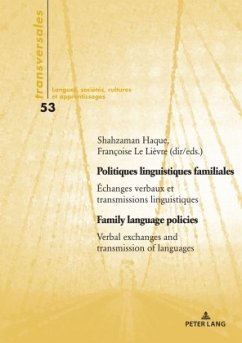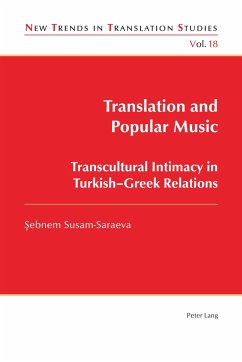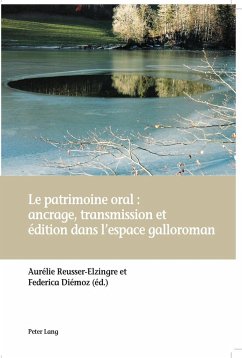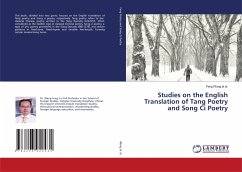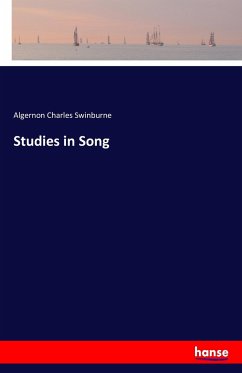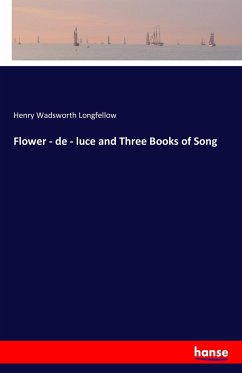
Tradition, Transmission, Transformation
Essays on Gaelic Poetry and Song
Versandkostenfrei!
Versandfertig in 6-10 Tagen
80,00 €
inkl. MwSt.
Weitere Ausgaben:

PAYBACK Punkte
0 °P sammeln!
Since World War I, the self-contained communities of Gaelic-speaking Scotland, characterised by collaborative effort and a robust sense of communal identity, have been transformed. Improved transport and communications have brought today's Gaelic speakers into the culture of mainstream Western society. Once an integral part of daily life, Gaelic singing has become an art form heard less at home than on concert platforms, at the Mòd, and on commercial recordings, where a «good voice» and emotive style - neither part of the traditional aesthetic - help singers differentiate themselves in the ...
Since World War I, the self-contained communities of Gaelic-speaking Scotland, characterised by collaborative effort and a robust sense of communal identity, have been transformed. Improved transport and communications have brought today's Gaelic speakers into the culture of mainstream Western society. Once an integral part of daily life, Gaelic singing has become an art form heard less at home than on concert platforms, at the Mòd, and on commercial recordings, where a «good voice» and emotive style - neither part of the traditional aesthetic - help singers differentiate themselves in the traditional music marketplace. Written in an accessible style and providing guidance for those wishing to access audible examples, this book will help both scholars and general readers grasp the magnitude of change as it has transformed an important aspect of Scottish Gaelic culture.





